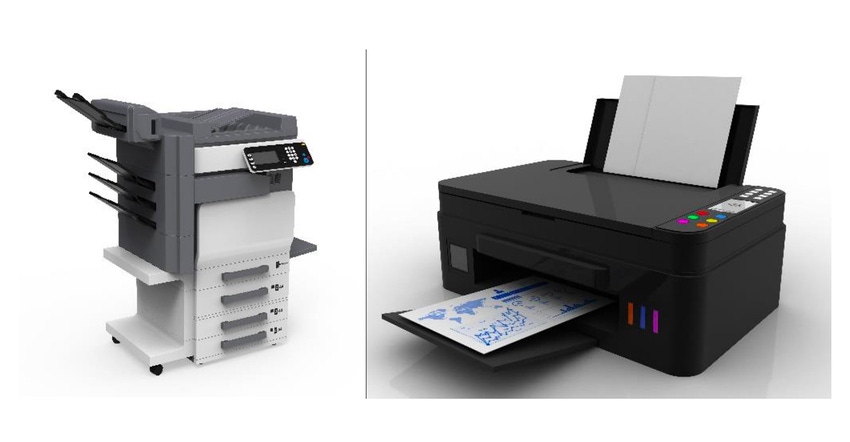Sabic Expands Portfolio of PCR Engineering Thermoplastics
The post-consumer recycled (PCR) material is blended with virgin resin to create compounds with PCR levels initially up to 30%. Sabic hopes to be able to offer materials with up to 60% PCR content in 2021.
November 30, 2020

Sabic is expanding its engineering thermoplastics business portfolios of Cycoloy and Lexan resins with high levels of post-consumer recycled (PCR) material. The expansion of these products is in response to demand from major brands in consumer electronics — and in the electrical and electronics industry as a whole — for more sustainable materials.
The PCR material is blended with virgin resins to create compounds with PCR levels initially up to 30%. According to an internal Sabic life-cycle assessment (LCA) study, these compounds offer up to a 25% carbon footprint reduction and up to 30% savings in energy consumption compared with virgin material.
Sabic hopes to be able to offer materials with up to 60% PCR content in 2021. The compounds and their properties will be tailored according to different industry requirements.
“The initiative to produce a broader portfolio of engineering thermoplastics with PCR content complements our existing efforts in making base resins from certified renewable feedstock,” said Sergi Monros, Vice President of Performance Polymers & Industry Solutions for Petrochemicals at Sabic. “Together, our circular solutions from our Trucircle portfolio and services can help to improve plastic recyclability, lower emissions, and drive toward closing the loop in used plastic. Our vision of a circular economy requires collaboration across the value chain, and we are committed to working with downstream and upstream partners to drive the transformation needed.”
The extended range of materials will contain PCR polycarbonate coming from applications such as five-gallon water bottles and optical media. “Such products are made with clear polycarbonate, and they are easy to obtain, sort, and clean,” added Monros. “We are also investigating use of PCR polycarbonate from end-of-life automotive applications, such as headlights and dashboards.”
Sabic has set very strict requirements on the quality of the incoming PCR material, which it will acquire by partnering with approved suppliers sourcing feedstock from around the world. Sabic will obtain the PCR materials in ready-to-process granular form to comply with China’s policies on plastic waste.
Within the expanded portfolio, Sabic also will develop materials to meet the needs of different players in the market and offer grades with different levels of flame retardence, reaching up to SVB at 1.5 mm. The company also will offer grades with PCR content for applications that require clarity. The new portfolio, therefore, will encompass both filled and unfilled grades.
About the Author(s)
You May Also Like




